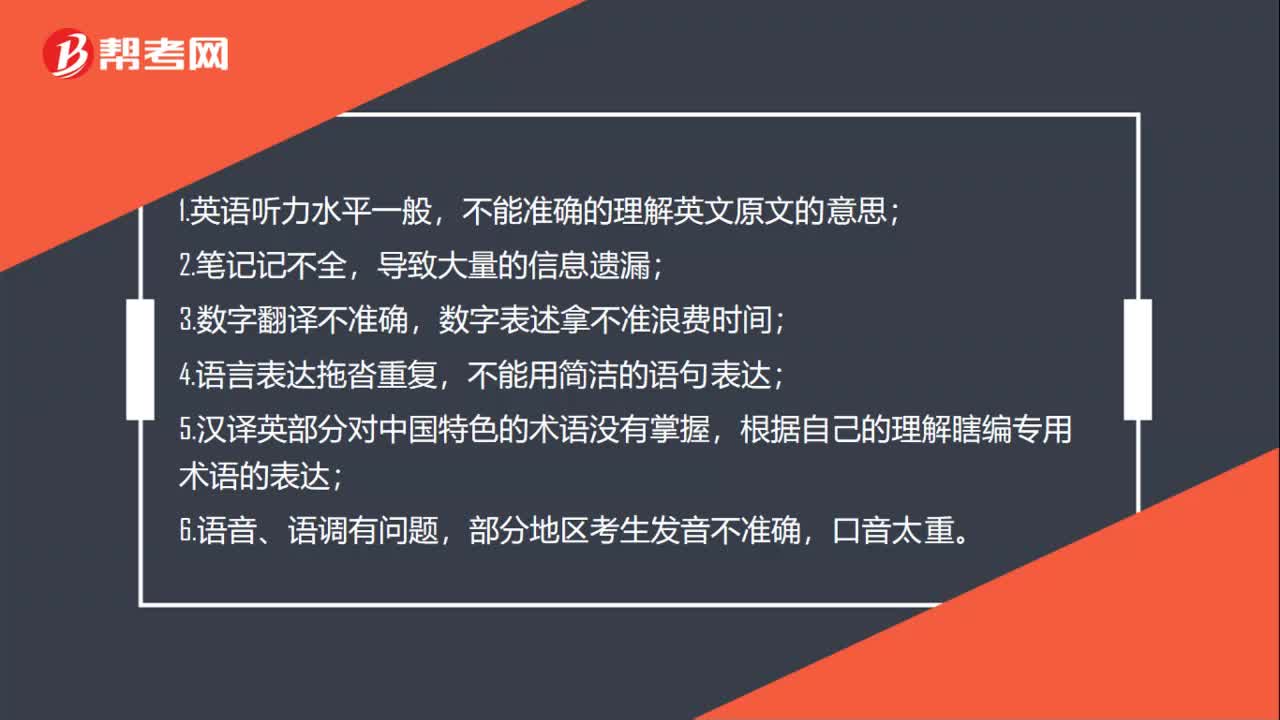
下载亿题库APP
联系电话:400-660-1360

下载亿题库APP
联系电话:400-660-1360

请谨慎保管和记忆你的密码,以免泄露和丢失

请谨慎保管和记忆你的密码,以免泄露和丢失

为了帮助广大考生顺利通过口译笔译考试,帮考网为大家分享了一些高级口译试题相关内容,希望大家每天坚持练习,积极备考。
To Tweet or Not to Tweet
The economy may be troubled, but one area is thriving: social media. They begin with Facebook and extend through a dizzying array of companies that barely existed five years ago: Twitter, LinkedIn, Groupon, Yammer, Yelp, Flickr, Ning, Digg — and the list goes on. These companies are mostly private but have attracted the ardent attention of Wall Street and investors, with Facebook now worth a purported $75 billion and Groupon valued at close to $25 billion.
There can be little doubt that these companies enrich their founders as well as some investors. But do they add anything to overall economic activity? While jobs in social media are growing fast, there were only about 21,000 listings last spring, a tiny fraction of the 150 million — member U.S. workforce. So do social-media tools enhance productivity or help us bridge the wealth divide? Or are they simply social — entertaining and diverting us but a wash when it comes to national economic health?(Watch who could become the next Twitter or Foursquare.)
The answers are vital, because billions of dollars in investment capital are being spent on these ventures, and if we are to have a productive future economy, that capital needs to grow the economic pie — and not just among the elite of Silicon Valley and Wall Street. The U.S. retains a competitive advantage because of its ability to innovate, but if that innovation creates services that don’t turn into jobs, growth and prosperity, then it does us only marginal good.
The problem is that these tools are so new that it is extremely difficult to answer the questions definitively. As I was about to write this column, I overheard a cell-phone conversation at an airport with this snippet: "The company says they are using social media, but who knows if it is making any difference?" Flash back nearly 20 years and the same question was being asked about the first Internet wave. Were Netscape and the Web enhancing our economy, or were people just spending more time at work checking outESPN.comOfficial statistics weren’t designed to capture the benefits, and didn’t — until statistics mavens at the Federal Reserve, urged on by Alan Greenspan, refined the way they measured productivity. As a result of these somewhat controversial innovations, the late 1990s became a period of substantial technology-driven gains.(See TIME’s 140 best Twitter feeds.)
It is possible that the same gap exists today, that social-media tools are indeed laying the groundwork for new industries and jobs but aren’t yet registering on the statistical radar. Many companies believe social media make them more competitive. Ford and Zappos, for instance, use Twitter to market their products and address consumer complaints. Countless corporations have created internal Facebook pages and Yammer accounts for employees to communicate across divisions and regions. Industry groups for engineers, doctors and human-resources professionals have done the same to share new ideas and solutions on a constant basis rather than episodically at conferences. Staffing companies have been especially keen on social media; a senior executive at Manpower told me we should think of social-media tools as today’s version of the telephone. Yes, they are used for frivolity and all sorts of noneconomic activity (chatting with friends, passing the time), but they also help communication happen more efficiently.
One big question is what proportion of that benefit will be captured economically by consumers vs. corporations. Sure, social media allow people to compare prices and quality and assess which companies are good to work for and where jobs might be. They also may enhance education and idea sharing, but the caveat is that the people who use these tools are the ones with higher education and income to spend on technology, not the tens of millions whose position in today’s world has eroded so sharply. According to a recent Pew Foundation study, only 45% of adults making less than $30,000 have access to broadband, which is an essential component of using content-rich social media effectively.
And that is the rub. Like so many things these days, social media contribute to economic bifurcation. Dynamic companies are benefiting from these tools, even if the gains are tough to nail down in specific figures. Many individuals are benefiting too, using LinkedIn to find jobs and Groupon to find deals. But for now, the irony is that social media widen the social divide, making it even harder for the have-nots to navigate. They allow those with jobs to do them more effectively and companies that are profiting to profit more. But so far, they have done little to aid those who are being left behind. They are, in short, business as usual.
看到这里小伙伴们是否有所收获呢?希望帮考网为大家分享的内容能给大家带来帮助,后续也可以多关注帮考网,这里有更多的考试资讯,你想知道的都在这!
 27
27三级笔译和口译考试每年可以考几次?:三级笔译和口译考试每年可以考几次?通常情况下笔译口译考试都是每年两次。上半年一般在1月份报名,5月份考试,下半年一般在7月份报名,11月考试,各省市情况不一,具体情况可上CATTI官网或各省市人事考试网查询。
 17
17口译证的含金量高吗?:口译证的含金量高吗?口译证是证明口译能力的证书,英语翻译证是从业资格证,一般找工作如果不是做专门翻译类的,口译证含金量是很高的。
 43
43口译考试应注意哪些问题?:口译考试应注意哪些问题?1.英语听力水平一般,不能准确的理解英文原文的意思;2.笔记记不全,导致大量的信息遗漏;3.数字翻译不准确,数字表述拿不准浪费时间;4.语言表达拖沓重复,不能用简洁的语句表达;5.汉译英部分对中国特色的术语没有掌握,根据自己的理解瞎编专用术语的表达;6.语音、语调有问题,部分地区考生发音不准确,口音太重。
 00:23
00:232020-06-03
 00:15
00:152020-06-03
 00:27
00:272020-06-03
 00:17
00:172020-06-03
 00:17
00:172020-06-03

微信扫码关注公众号
获取更多考试热门资料